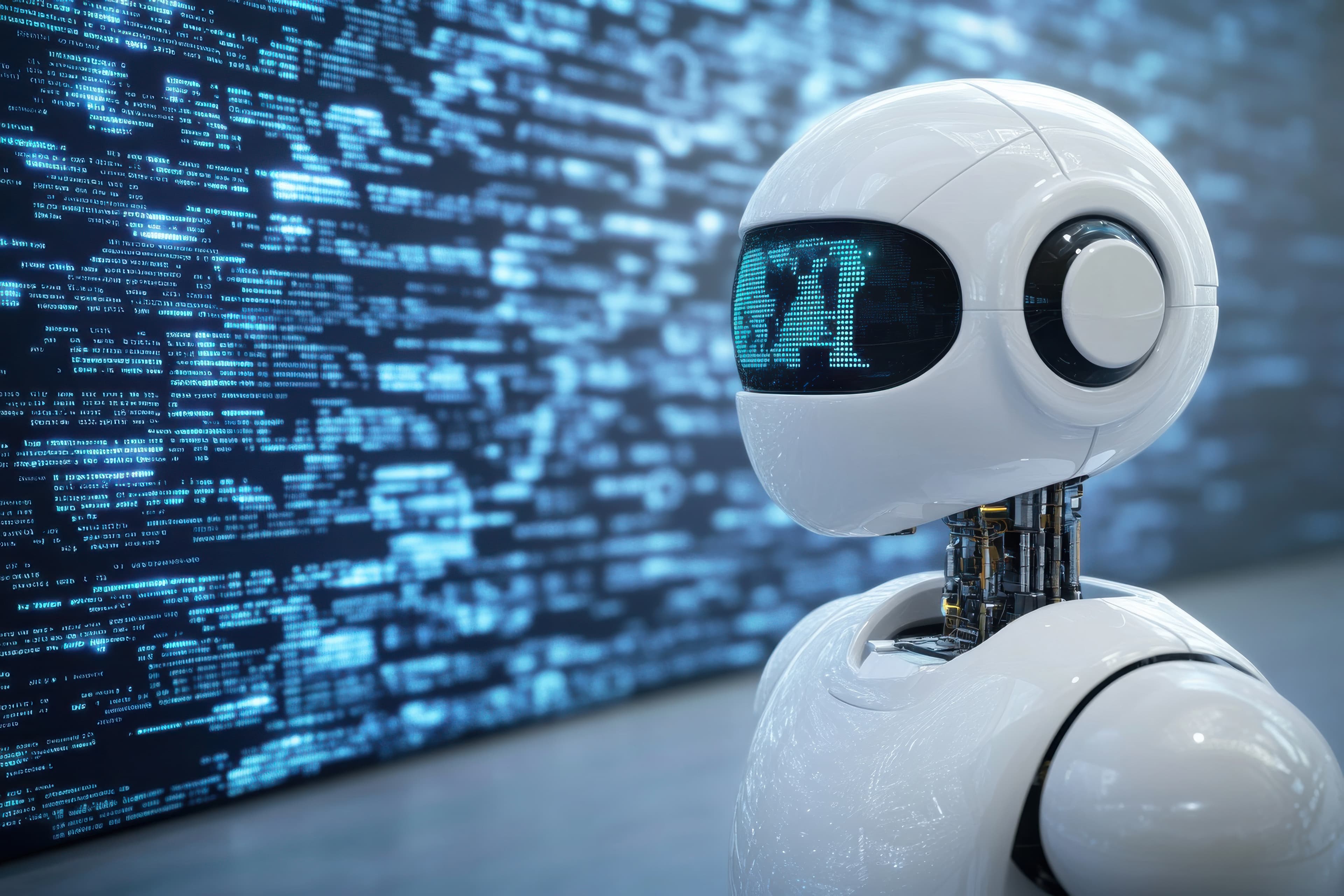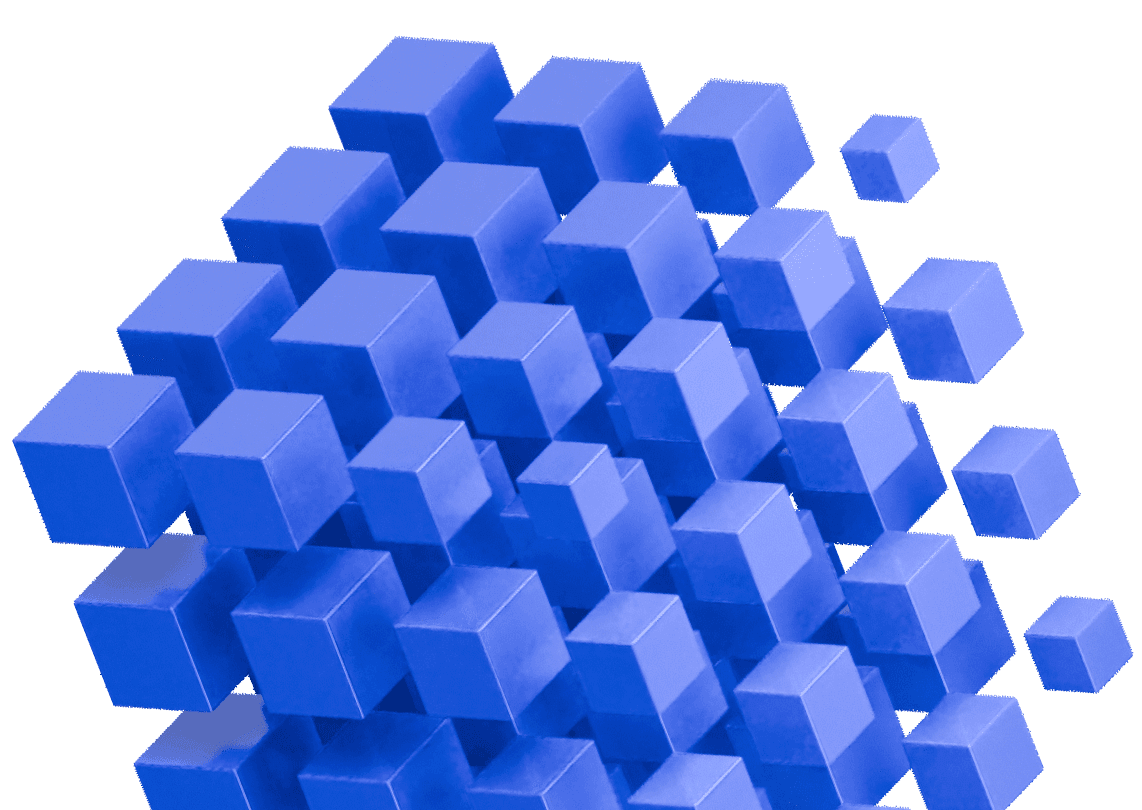Introduction
Suddenly, in 2025, everyone is talking about AI agents. Many products have jumped on the bandwagon, branding themselves as AI agents or collaborative agents. There’s a lot of noise, but this article aims to cut through it and provide a clear overview of AI agents, their role in software testing, and how they differ from AI assistants. If you’re looking to quickly understand what AI agents mean for software development, this post is for you.
Incidentally, our product, Diffblue Cover, has always been a true AI agent. That makes us well-qualified to contribute to this conversation. More on that later.
What Are AI Assistants?
AI assistants are designed to work alongside developers, offering real-time support and recommendations. They integrate with popular Integrated Development Environments (IDEs) and enhance the coding experience.
Key characteristics of AI assistants:
- Code completion – Predict and suggest code snippets, method calls, and variable names.
- Syntax highlighting and error detection – Identify and highlight syntax errors in real time.
- Documentation lookup – Fetch and display relevant documentation.
- Refactoring suggestions – Suggest ways to improve code structure and readability.
- Context-aware recommendations – Provide context-specific suggestions based on coding patterns.
Popular AI assistants include GitHub Copilot, Tabnine, and Amazon CodeWhisperer. While AI assistants boost efficiency, they are fundamentally reactive and require human interaction to function.
What is Agentic AI?
Agentic AI refers to artificial intelligence systems capable of autonomous actions and decision-making. These AI agents can pursue goals independently without constant human intervention. Unlike traditional AI systems that rely on predefined rules, agentic AI adapts dynamically to different situations.
Like AI assistants, AI agents enhance human capabilities, but they go much further. Rather than acting as general-purpose helpers, they specialize in high-level, goal-driven activities that boost productivity.
AI Agents in Software Development
AI agents operate with a higher level of autonomy and decision-making compared to AI assistants. They can:
- Automate complex tasks – Handle full workflows like testing, deployment, or performance optimization.
- Make independent decisions – Identify patterns, assess environments, and act autonomously.
- Adapt and learn – Improve performance over time based on experience and data.
- Interact with multiple tools – Engage with development environments, CI/CD pipelines, and security frameworks.
- Execute goal-oriented behavior – Achieve specific objectives, such as optimizing code performance or ensuring security compliance.
Examples of AI agents in development include Diffblue Cover, Devin, GPT Pilot, and SWE-agent.
Key Differences Between AI Assistants & AI Agents
The Importance of Agentic AI in the Software Development Life Cycle (SDLC)
AI agents are set to revolutionize the SDLC by serving as intelligent collaborators throughout each stage of development. From initial requirement analysis to post-release maintenance, they provide efficiency and precision at an unprecedented scale.
Benefits of AI Agents in Software Testing
- Autonomous Test Generation – AI agents can independently create comprehensive test suites, covering various scenarios and edge cases that human testers might overlook.
- Adaptive Testing – Learn from previous test results and continuously improve testing strategies.
- Proactive Issue Detection – Analyze complex patterns and predict issues before they occur.
- Subject Matter Expertise – AI agents evolve over time, becoming more effective, unlike AI assistants that rely on static LLM snapshots.
Diffblue Cover: A True AI Agent for Java Unit Testing
Diffblue Cover is a prime example of an AI agent specializing in Java unit test generation and management. Unlike AI assistants, Cover autonomously generates and maintains test suites without requiring human intervention.
How Diffblue Cover Enhances Java Testing:
- Automated Test Generation – Uses AI to generate meaningful unit tests with high code coverage.
- Continuous Integration Support – Seamlessly integrates with CI/CD pipelines for scalable automated testing.
- Automated Test Maintenance – Updates test suites whenever code changes occur, ensuring consistency.
- Efficiency Gains – Generates tests up to 250 times faster than manual test writing.
- Superior Speed Over AI Assistants – A Diffblue Cover workflow is 26 times faster than GitHub Copilot for unit testing.
- Code Quality Improvement – Fully assesses unit test cases, including edge cases, ensuring thorough test coverage.

The Future of Agentic AI
AI agents mark a significant step forward in the evolution of artificial intelligence. Unlike traditional AI assistants, which function as helpful coding sidekicks, AI agents operate autonomously and make independent decisions. This distinction allows AI agents to take on complex, multi-step tasks, freeing developers to focus on higher-value work such as strategic decision-making and creative problem-solving.
Products like Diffblue Cover showcase how agentic AI can deliver practical, tangible benefits in software development. As AI agents continue to evolve, they will push efficiency, accuracy, and innovation to new heights.
The future is bright, the future of AI is agentic.
Let an AI unit test agent do the testing heavy lifting
See how Diffblue Cover can help you build faster with more reliable tests.








